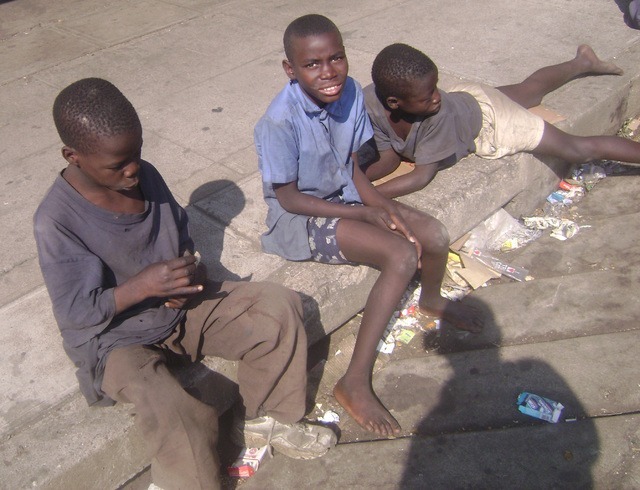
BY RUTENDO MAWERE STREET children face serious challenges in accessing safe sexual reproductive health services, at times buying family planning tablets from the streets, a recent documentary has shown.The documentary by the Southern Africa HIV/AIDS Information Dissemination Service (SAfAIDS) revealed that the street children were never considered when policies of safe sexual reproductive health are formulated. This is despite that some of them become sexually active at very young ages. According to the documentary, street kids’ access to contraceptives such as condoms and other family planning remains a tall order, forcing some of them to buy contraceptives from street vendors. The documentary focused on three cities of Gweru, Bulawayo and Harare. One of the street kids interviewed in Harare said she accessed contraceptives from street vendors. “I buy the family planning tablets from Mupedzanhamo (flea market),” she said. “I do not even know their name but I was told they will prevent me from getting pregnant because we are, at times, raped many times.” Caroline Maposhere, a local HIV and Aids, gender and sexual reproductive health consultant said the street children exposed themselves to serious risk through buying contraceptive pills that they did not know. “Buying tablets from vendors is risky,” said Maposhere. “These children may even buy tablets that have expired or even wrong tablets. They also need access to safe family planning methods.” She added that street children also did not access information on safe reproductive health and because of lack of shelter they were prone to rape. It is estimated that there are 12 000 street children in Zimbabwe, the majority of them living in Harare.
Rampant abuse of street kids by the well-off
According to the documentary, the street children were also abused by people who have homes who take advantage of their plight. SAfAIDS said it had shown the documentary to parliamentarians in the hope that it would trigger them to craft laws that protect the street children and other vulnerable groups in society.











